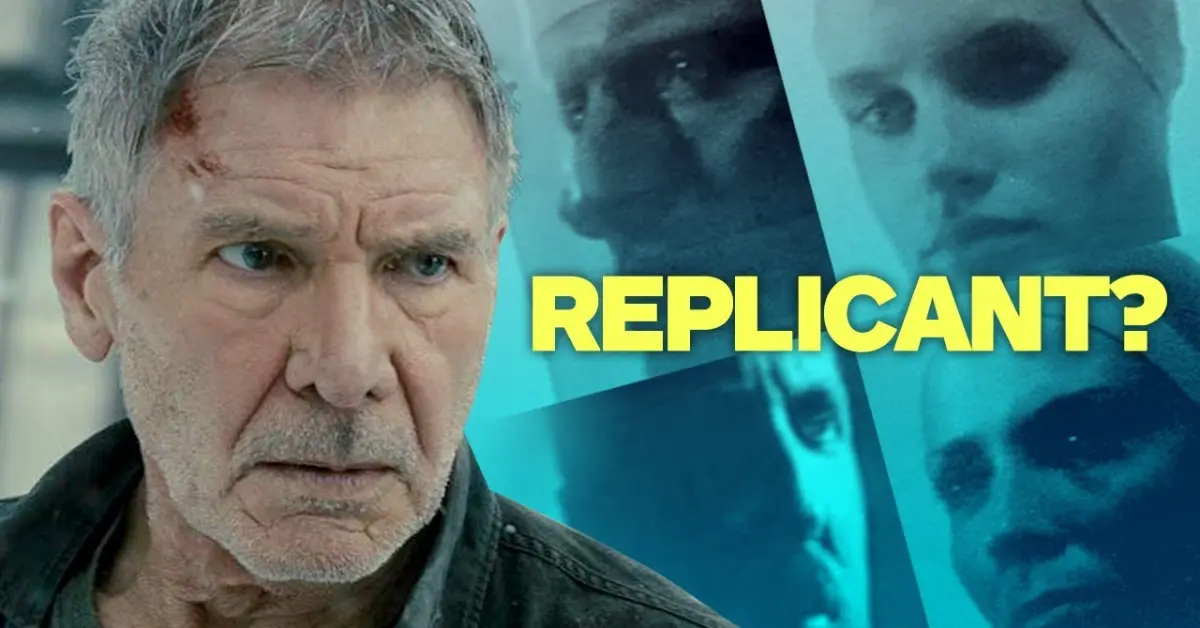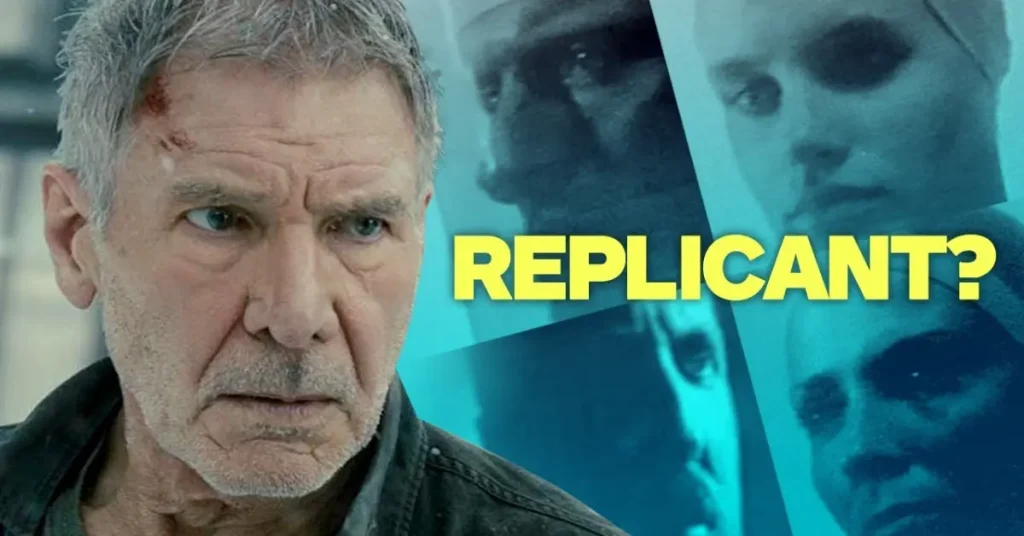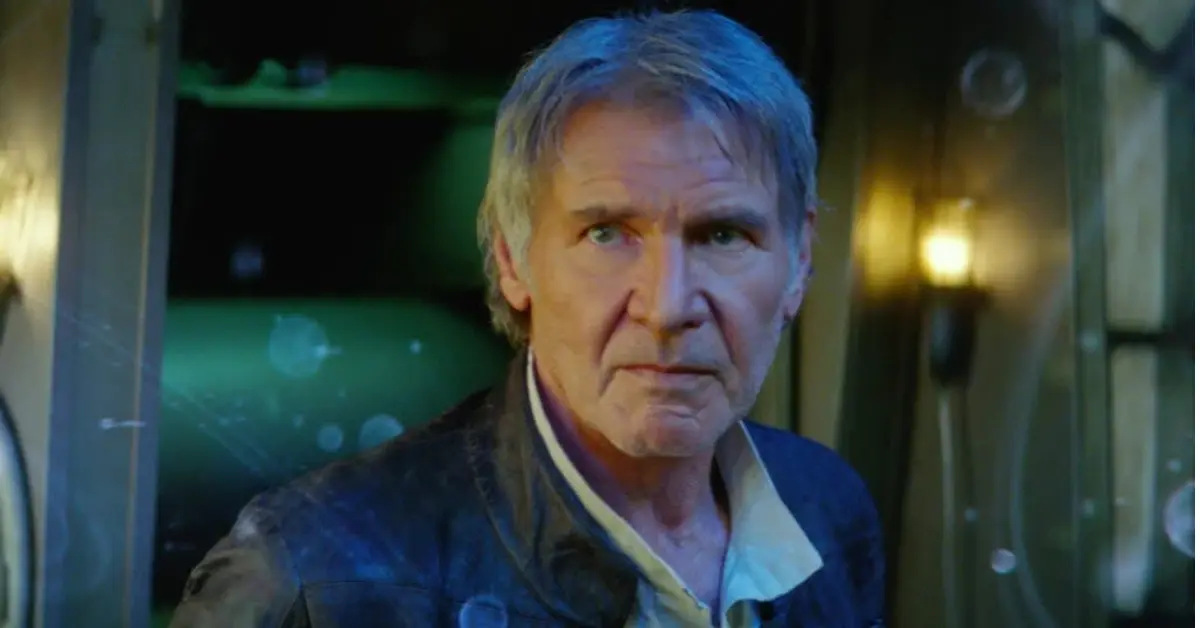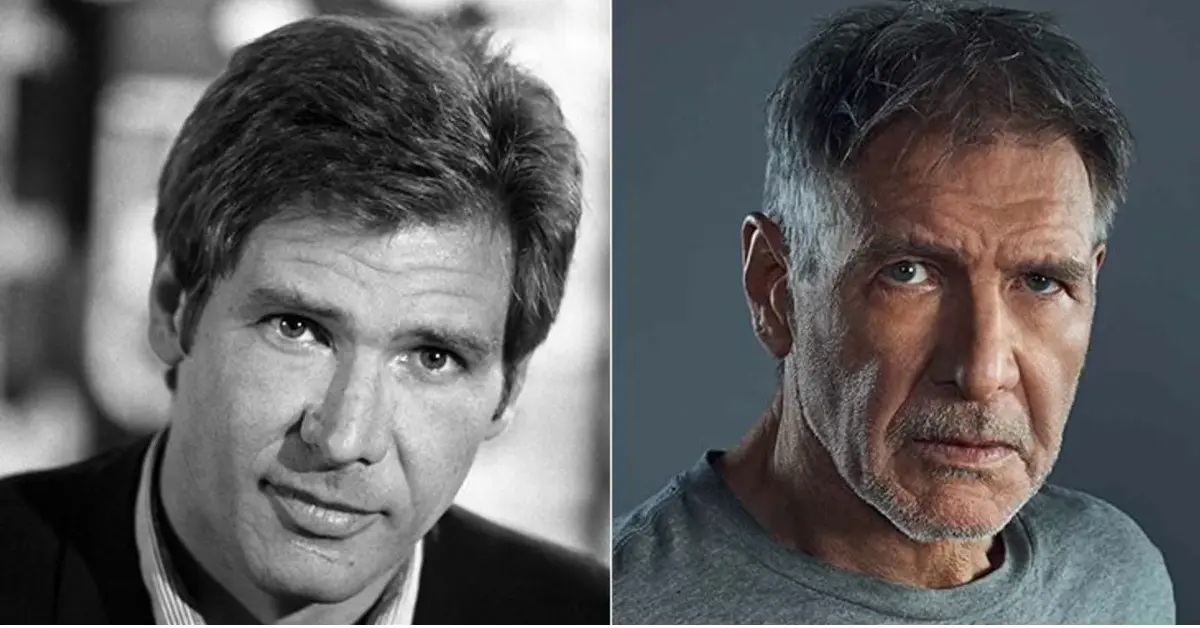
Harrison Ford’s role as Rick Deckard in the sci-fi classic “Blade Runner” has sparked a long-running debate among fans: Is Deckard himself a replicant? This question has intrigued viewers for decades; even Ford has weighed in on the topic. Let’s explore this fascinating idea and examine the evidence for and against Deckard being a replicant.
First, let’s quickly recap what a replicant is in “Blade Runner.” Replicants are artificial humans created by the Tyrell Corporation. They look and act like real humans but have enhanced strength and intelligence. In the movie, replicants are hunted down by special police officers called blade runners.

The Case for Deckard Being a Replicant:
- Ridley Scott’s View: The director of “Blade Runner,” Ridley Scott, has stated in interviews that he believes Deckard is a replicant. Scott’s opinion carries much weight since he created the film’s vision.
- The Unicorn Dream: In the movie’s Director’s Cut and Final Cut versions, Deckard dreams about a unicorn. Later, his colleague Gaff leaves an origami unicorn for him. This could suggest that Gaff knows Deckard’s memories, hinting they might be implanted like other replicants.
- Deckard’s Eyes: In some scenes, Deckard’s eyes seem to have a red glow, similar to other replicants in the film. This visual cue might be a hint about his true nature.
- Superhuman Abilities: Deckard survives several brutal fights with replicants, who are supposed to be much stronger than humans. This could suggest that he has enhanced abilities like other replicants.
- Zhora’s Reaction: When Deckard is chasing the replicant Zhora, she doesn’t immediately realize he’s a threat. Some argue this is because she initially thought he was another replicant.
Also Read: Did Carrie Fisher And Harrison Ford Have An Affair?
The Case Against Deckard Being a Replicant:
- Harrison Ford’s Interpretation: Ford has consistently said that he played Deckard as a human. He believes that making Deckard a replicant would weaken the story’s themes about what it means to be human.
- Lack of Clear Evidence: While there are hints, there’s no definitive proof in the film that Deckard is a replicant. The movie intentionally leaves this question open to interpretation.
- Deckard’s Aging: In the sequel “Blade Runner 2049,” Deckard has aged. This might suggest he’s human, as replicants in the original film had limited lifespans.
- The Point of the Story: Some argue that Deckard being human is crucial to the film’s exploration of humanity and empathy. If he’s a replicant, it might undermine the story’s message.
- Tyrell’s Reaction: When Deckard meets Eldon Tyrell, the creator of replicants, Tyrell doesn’t treat him like one of his creations. This could indicate that Deckard is human.
The Importance of Ambiguity:
One of the most interesting aspects of this debate is that the filmmakers intentionally left it unclear. This ambiguity adds to the movie’s themes about the nature of humanity and memory. It forces viewers to question what truly makes someone human.
The question of whether Deckard is a replicant ties into larger themes in “Blade Runner”:
- What defines humanity? Is it our memories, our emotions, or something else?
- Can artificial beings develop real emotions and connections?
- How do we know what’s real if our memories can be implanted?
The film encourages viewers to think deeply about these questions by leaving Deckard’s status uncertain.
Impact on the Sequel:
The 2017 sequel, “Blade Runner 2049,” continued to play with this ambiguity. While it shows Deckard has aged, it doesn’t definitively answer whether he’s human or replicant. This choice allows the debate to continue and keeps the mystery alive for a new generation of viewers.
Conclusion:
After looking at the evidence, it’s clear that there’s no definitive answer to whether Harrison Ford’s character, Deckard, is a replicant. The film provides clues supporting both possibilities, and even the people involved in the movie have different opinions.
This uncertainty is a key part of what makes “Blade Runner” a thought-provoking film. It challenges viewers to question their identity, humanity, and reality assumptions. Whether you believe Deckard is human or replicant, the debate enriches our understanding of the movie’s themes.




